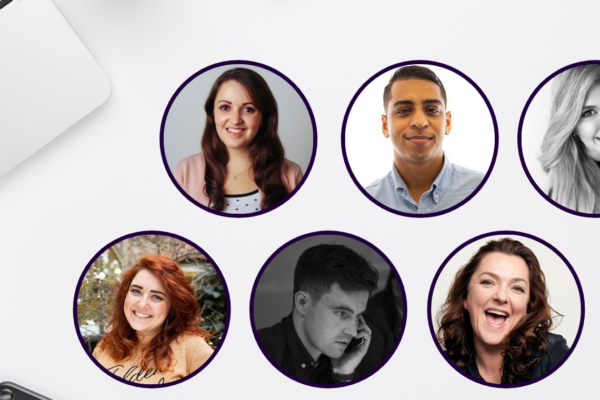Best in the business – the new generation of media talent
Whether it’s turning podcasts into a media business, increasing workflow efficiency or coming up with a subscription strategy that results in a surge in revenue, the winners of this year’s FIPP & UPM Rising Stars Awards, Business category, show the depth of talent in the industry.
For the first time ever the annual awards – open to stars in publishing under the age of 30 or with less than five years experience in the industry, and run in partnership with UPM Communication Papers – were split into Business and Journalism categories, while a new Student prize was also created this year. With the judging panel unable to split the top Journalism and Business candidates, Rachel Brown of National Geographic and Esther Kezia Thorpe of Media Voices Podcast were announced as the joint overall winners.
For Thorpe, the honour is just reward for playing key role in turning Media Voices Podcast – a weekly look at news and views from across the media world, featuring leading publishers – into a growing media business. After joining what was then called The Media Briefing as a writer in 2016, she launched the company’s podcast, running it as a side project.
When the podcast was relaunched as Media Voices the following year, Thorpe set about creating world-class content, booking high-profile guests while maintaining an even gender split and improving diversity. Thorpe has also been instrumental in creating a new daily Media Roundup newsletter, initiating reader revenue efforts and launching the Publisher Podcast Awards.
“What sets a good podcast apart is the same thing that sets any great magazine, brand or product apart: purpose,” she says. “There’s got to be a point to the podcast, whether that’s tackling a niche subject, reaching an underserved community, or having a brilliant story to tell. If you don’t have a strong proposition to start with, the biggest marketing budgets and best production in the world won’t keep listeners around.”
In full voice
Thorpe stresses the importance of giving leading voices in the media a platform to share their views, especially during these turbulent times.
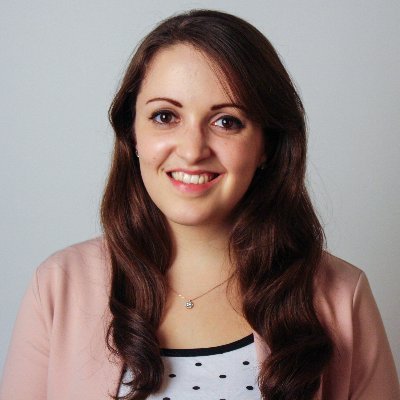
“No one could realistically have foreseen the pandemic’s impact on our industry, so I think collaboration and sharing what we’re learning is now more important than ever,” she points out. “Publishers that end up closing as a result of this won’t make others stronger, it weakens the whole industry, so it’s in our best interests to help each other survive.”
Thorpe believes podcasts will increasingly play an important role in the media industry. “Podcasts are far cheaper to produce, more reliable to monetise, and much easier to consume on the go than video,” she says. “You only have to look at the amount of money companies like Spotify, Amazon and Apple are pouring into podcasting to see that it’s on the brink of being something great.”
Immediate impact
After joining Immediate Media in March 2019 it didn’t take digital market executive Hiten Vara – one of the three winners in the Business category – long to make a huge impact. Taking ownership of the publisher’s paid search and paid social marketing channels, Vara took a fresh approach to upping print magazine subscriptions by ending the company’s over-reliance on introductory offers.

“While trials and introductory offers are the most common thing across all marketing channels, we took a step back and said, with consumer mindsets changing, people are willing to pay for products that hold value,” he explains. “Immediate has a lot of special interest magazines like BBC Good Food that resonate with their audiences. Having a trial subscription on those devalues the product in a way.
“Since Covid happened in March we’ve had a phenomenal demand for these magazines. What lockdown has done is made people reevaluate and say – with a lot of time on my hands, what else can I do than other than watching Netflix? I think a lot of people have taken up special interests.”
To make the most of the popularity of Immediate’s publications, Vara suggested a strategy that promoted long term, higher-yielding offers to readers who, given the fact that they are searching for the magazine brand, are considered a ‘warmer audience’.
“By showing them a higher price point they are more likely to convert,” says Vara. “Since we implemented this strategy, we have seen massive year-on-year growth – not only that initial revenue from becoming a subscriber but also how long they are willing to stay with us.”
An important part to coming up with the strategy was Vara putting himself in the place of the readers. “One problem that myself and other marketers have is that we have bit if a tunnel vision,” he says. “We are working day in and day out on these projects and sometimes we have to take a step back because we’re thinking one way while our consumers are thinking a different way. Looking at this through the consumer’s eyes is a hallmark of a new generation of marketers.”
Doing it in style
The third winner, Selina Bitzer – a lead project manager at Condé Nast Germany’s creative consultancy, CNX – enjoys being thrown in at the deep end.

After a couple of years at the company and a very short introduction period, Bitzer was tasked with using the successful Glamour Shopping Week brand experience as a pilot project to launch a digital workflow and communication tool. Following an intense tender process, she implemented a Swiss software solution called Frontify, heralding in a new era of doing business for CNX.
“I’ve loved working in the media industry, especially for brands which have been inspiring me since my childhood,” she explains. “GLAMOUR Shopping-Week gave me the opportunity to take on a lot of responsibility due to the high number of participating partners. Together with our marketing department, we succeeded in making workflows more efficient, with Frontify enabling smooth internal and external communication through downloads, uploads and asset reconciliations directly within the tool.”
For Bitzer, being challenged presented a perfect opportunity for personal growth. “The media industry offers so many opportunities to gain experience in different areas as well as insights into different departments processes,” she says. “It also offers the chance to get involved proactively and implement your own ideas.
“One should take advantage of this opportunity to take on even more responsibility and grow through it. The media industry enables us to learn from and develop creative ideas with so many people and thus make an even greater contribution.”
Swimming upstream
Publishers left frustrated that the events side of their companies has not been able to get off its knees because of Covid, need only look at the efforts of Nicholas O’Connor for some motivation. Faced with enormous hurdles, the publisher and chief revenue officer at Chile-based magazine AmericaEconomia (one of two Highly Commended entries) managed to oversee a successful pivot to online events and actually bring in more money than before.
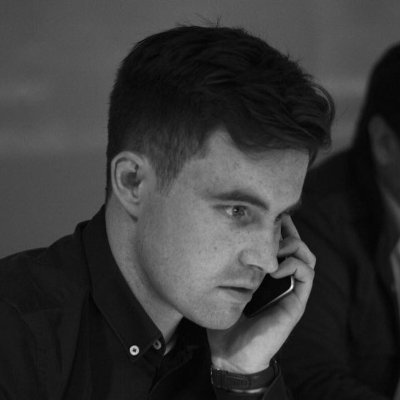
With the media industry in Chile already on shaky ground at the end of 2019 after a period of civil unrest, AmericaEconomia was hit hard when Covid struck.
“We do a lot of healthcare events and seminars across the region – we did nine last year and it was 30 per cent of our revenue,” explains O’Connor. “This year we have done none but the good news is that, because we had done webinars for many years, we were able to quickly put out a schedule of online events with 3,000-4,000 people. We have actually made more money off events.
“An advantage is that we are one of the few publications that facilitate quick access to thousands of people from all across the region. We have a sales team that are very digital-first and is doing very well. Another important part was that we had a willingness to try events quickly and not worry too much whether they were going to be perfect.”
A big part of O’Connor’s success at AmericaEconomia is down to the fact that he started at the bottom and worked his way up – a lesson, he says, to anyone entering the industry.
“I started by uploading banners onto the website, sending marketing emails, even stacking boxes of magazines and it was a great way to see how things work,” O’Connor says. “Now that I am up here I know the amount of work that everyone has to do and I can help the company make the right decision as we keep going more and more digital.”
Making money and influencing people
A thirst to learn drove Emily Maitland to reskill from account management to a digital content marketer at The River Group – a transition that earned her a Highly Commended nod from judges.
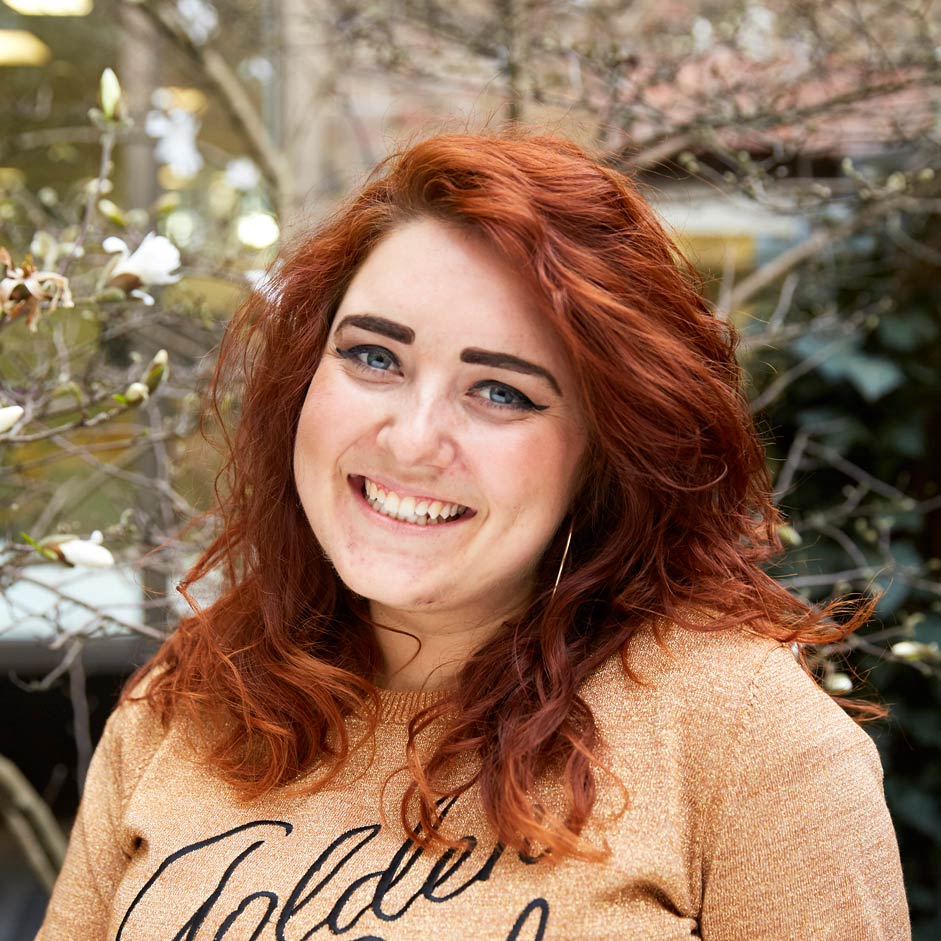
Combining a newfound passion for data with creative thinking, Maitland has been at the forefront of successful social media and influencer campaigns for clients like Superdrug.
“One key change I have noticed in branded content, even in the relatively short time I have been in the industry, is the sheer amount of data we have available to us as we move onto a greater volume of digital platforms,” says Maitland. “Not only is this helping us evolve our content with tools such as social listening, but really demonstrates it’s value not only for the customer, but the brand.
“We have successfully moved into new spaces, such as podcasts, TikTok and social commerce, becoming a full service content marketing agency. In short, we’ve transformed from our heritage in order to stay relevant and current for our clients.”
By embracing social media, Maitland is also helping to rebuild some of the trust that has been eroded in some platforms over the last few years.
“Ultimately, we need to operate on the channels where our customers are, and be useful there,” she points out. “Yes there is a lot of misinformation on these channels and each platform is taking steps to combat this, but at River we help educate brands on the importance of being transparent and help them position themselves as a trusted source within their market.”
In good company
Maitland’s achievements are a testament to the way The River Group nurtures its workforce. It’s small wonder, then, that the content marketing agency walked off with the Company award for a third year in a row.
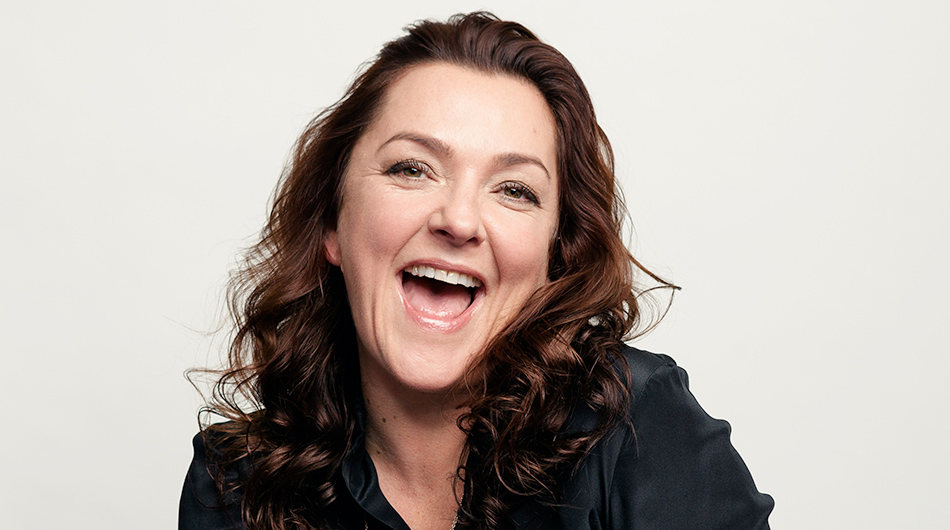
“We have a robust culture at River and it’s very much a case of role up your sleeves and get stuck in,” explains CEO and founder Nicola Murphy. “We are a hard-working culture but we are a community – 15 per cent of staff have been here for 10 years or more while, after 26 years, my number one and two employee are still here. That is an incredible legacy.”
Part of the reason River has a great work environment is the flexibility the company, which is 70 per cent female, shows when hiring.
“We are very open when we are recruiting to somebody saying – I want to work from home two days a week because I have young children or I’m single mum and I’m adopting,” Murphy says stressing the company’s commitment to having as diverse a workforce as possible. “It’s important to be aware that just because you look different or sound different or are scarred you should not be treated differently. We have brought talent management in-house instead of using recruitment agencies who serve up quite similar people.”
River has had as much success holding onto its big clients as its staff – Holland & Barrett has been part of their stable for 25 years, Superdrug 18 years and Co-op 15 years.
“We have a unique approach here – we don’t call ourselves a supplier and we don’t like being called an agency. We like being called a partner,” says Murphy. “We make it our business to really understand a brand and not just from a marketing point of view but from a commercial perspective.
“We start with commercial not marketing. It goes commercial, marketing, content. And we always put the customer at the heart of what we are doing. We make it our business to know as much about the customers that buy into our clients as we do the clients themselves.”
See the FIPP Congress 2020 session where we interviewed the Rising Stars in Media Overall Winners Esther Kezia Thorpe and Rachel Brown:

